What Is Malaria and How Is It Transmitted?
Malaria is a serious and sometimes fatal disease spread by female mosquitoes, there is no vaccine yet available. They bite between dusk and dawn. Mosquitoes like a humid environment and breed in fresh water so their numbers increase after heavy rains.
In 2016, malaria caused an estimated 216 million clinical episodes, and 445,000 deaths. An estimated 91% of deaths in 2016 were in the African Region (Centers for Disease Control and Prevention (CDC)) but travellers going to South and Central America, Asia and the Middle East can also be affected. Consult with a travel health practitioner to see if you will be at risk.
Signs and Symptoms of Malaria
If you develop flu like symptoms, including fever, sweats, chills, feeling unwell, headaches, muscle pains, cough, diarrhoea – then seek medical help immediately for advice and say you’ve been overseas. This is VITAL, don’t delay. Malaria can cause miscarriage and premature labour.

Prevention: The ABC of Malaria
Remember the ABCD of malaria prevention advice:
- Awareness of the risk
- Bite prevention
- Chemoprophylaxis (taking the correct tablets)
- Diagnosis (knowing the symptoms and acting quickly)

Awareness. The risk and type of malaria at the destination. Also, an understanding of how the disease is spread. Some natural immunity is gained if you are born and live in a malaria endemic country. However, natural immunity can be lost as quickly as up to one year after living/travelling abroad. This is important to remember if you are planning to visit relatives in the country where you were born.
Bite Avoidance. Consider the following points:
- Sleep in well maintained hotels with fully air-conditioned or screened accommodation. Use the air-conditioning or ceiling fan during the night as air flow deters biting. If room is not air conditioned, but is screened, close shutters early evening and spray room with knockdown insecticide spray
- Cover up skin as much as possible if going out at night, (mosquitoes that transmit malaria bite from dusk until dawn). Wear loose fitting clothes, long sleeves, trousers or long skirts
- Wear light colours as they are less attractive to mosquitoes
- Use insect repellents on exposed skin. Preferably Diethyltoluamide (DEET). DEET in lotions, sprays or roll-on formulations is safe and effective when applied to the skin but the protective effect only lasts for a certain amount of time. DEET based repellents should be applied with care to the face as they can irritate sensitive mucosa such as the eyes. Clothes can be sprayed with repellents to or use ‘clothing specific’ sprays e.g. permethrin. Check suitability for children on the individual products. If using sunscreen always apply first, followed by an insect repellent spray on top
- In malarious regions, permethrin-impregnated mosquito nets should be used whilst sleeping if there is no air conditioning
- If undertaking ‘remote overnight’ activities ensure sites for sleep and rest are at a distance from stale water, ditches and water barrels. Avoid such activities in high risk areas during the rainy season

Chemoprophylaxis. Appropriate prescribed oral anti-malarial medication. Consult with a travel health practitioner at least 4-6 weeks prior to travel. If malaria tablets are required, you will receive detailed instructions on when to take them. Remember malaria is a serious and sometimes fatal disease.
Diagnosis. For most people symptoms can present from 7 days up to 4 weeks after being bitten by an infected mosquito but can present for any time up to one year later. Any traveller who becomes ill with fever or a flu-like illness while travelling and up to a year after returning home should immediately seek medical advice.
Malaria is a serious and sometimes fatal disease if not promptly diagnosed and treated

Useful Websites:
https://www.cdc.gov/malaria/malaria_worldwide/impact.html
https://www.cdc.gov/travel/diseases/malaria
Written by Catherine Keil (Nurse Practitioner Travel Health and Immunisations, Travel Health Practitioner Pty Ltd), Friday 7th August 2019












